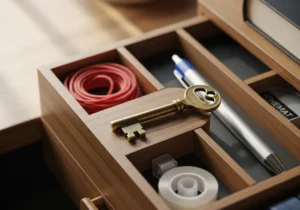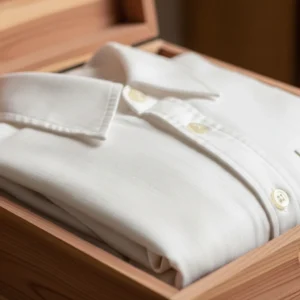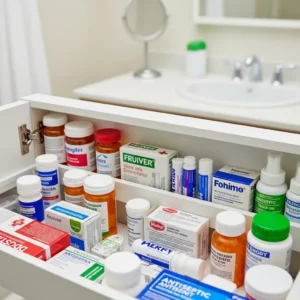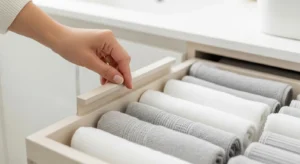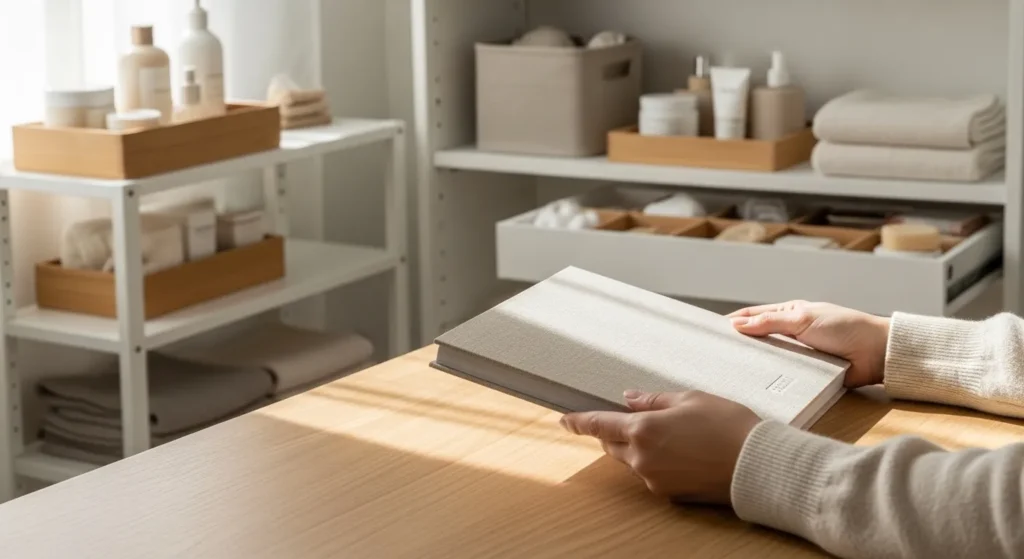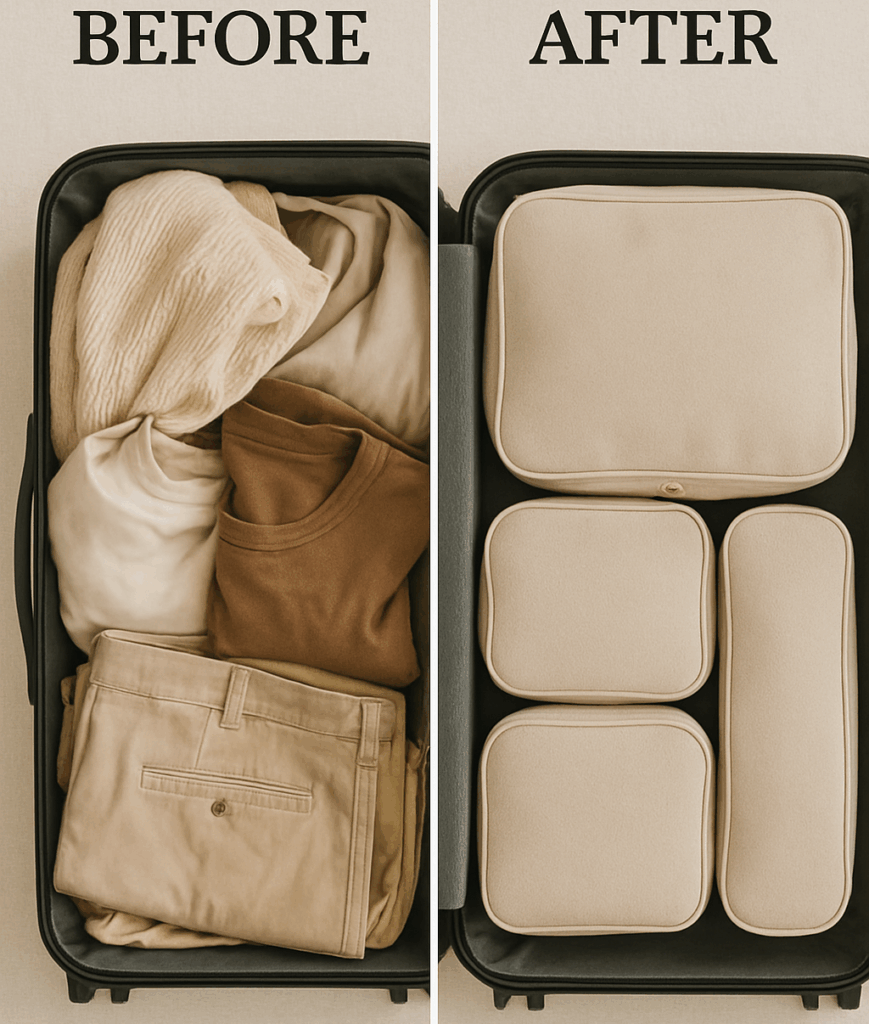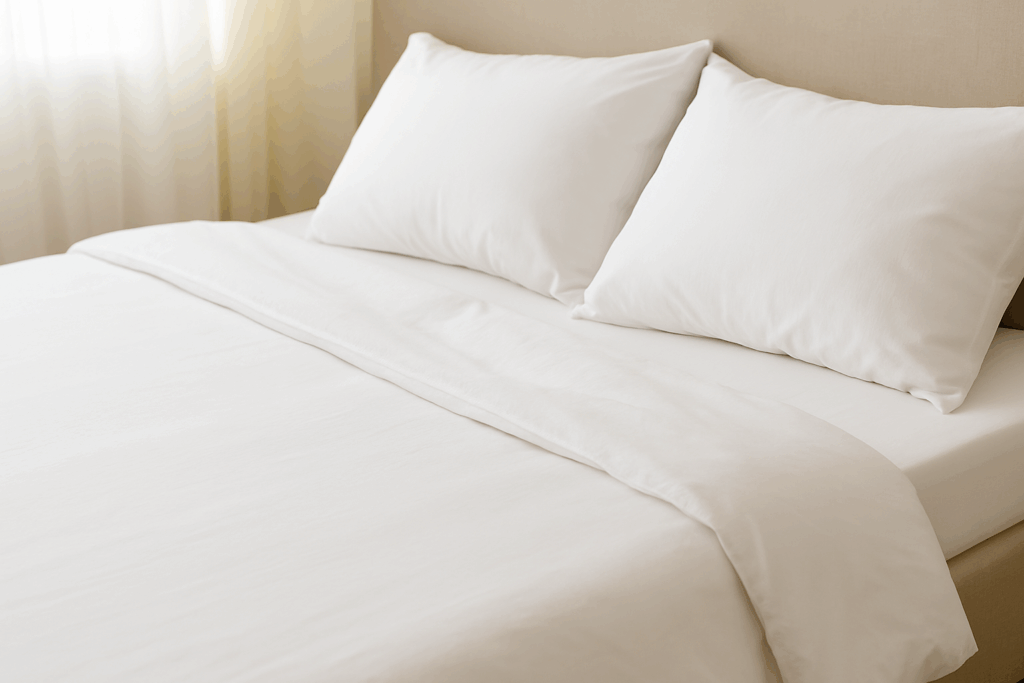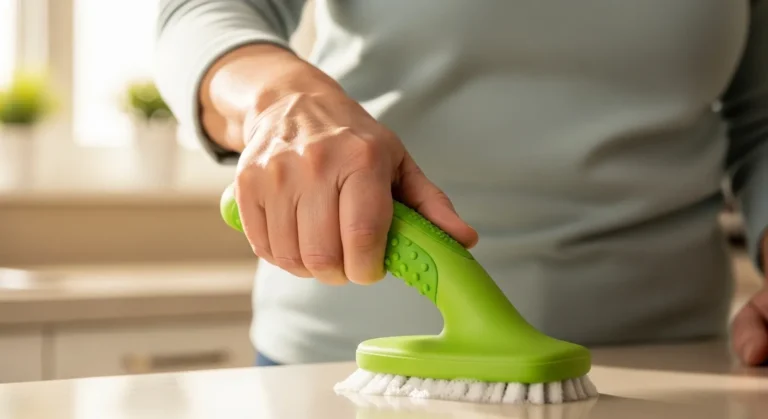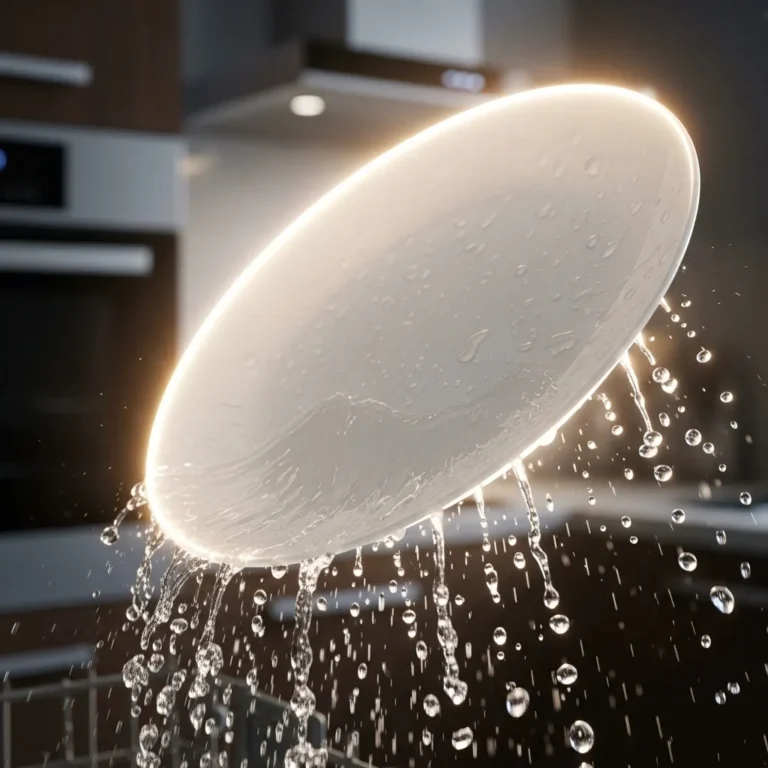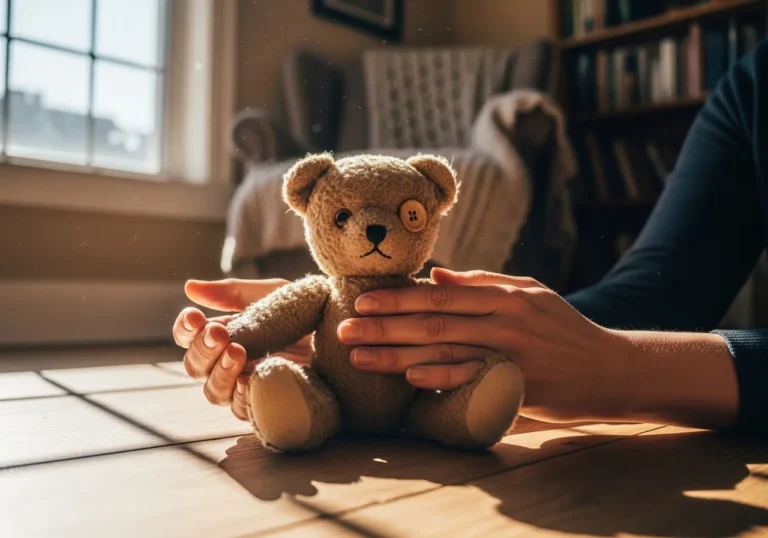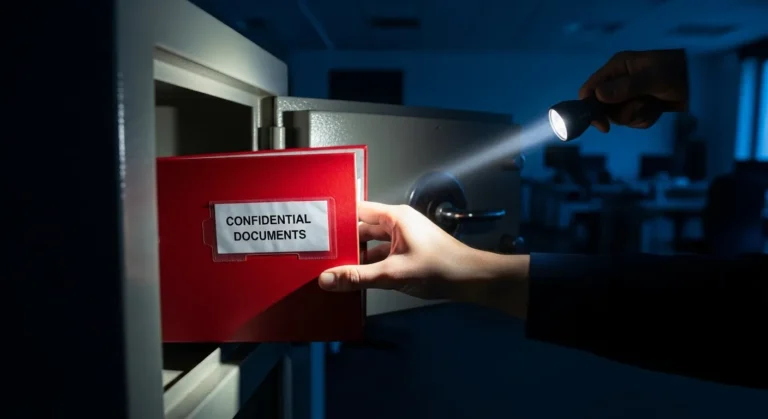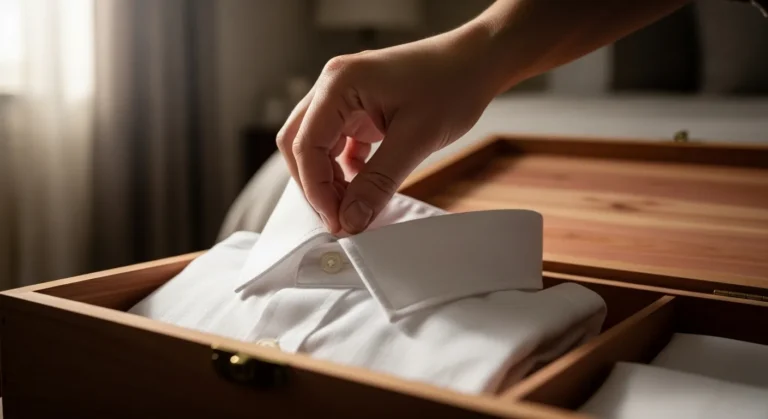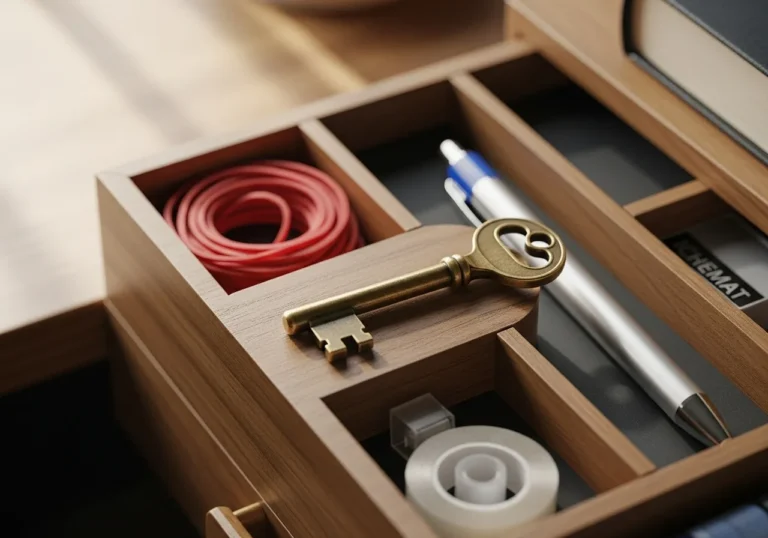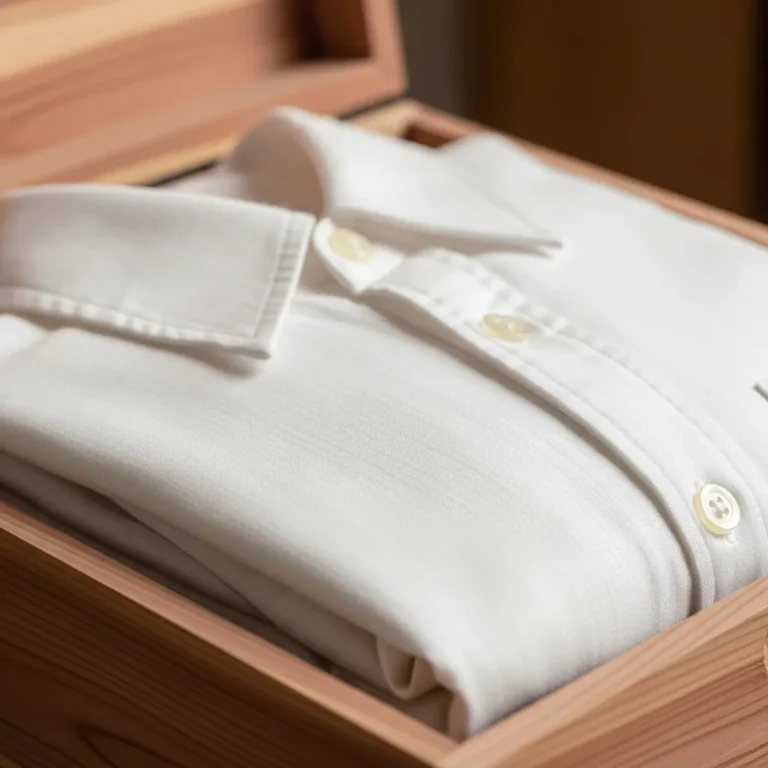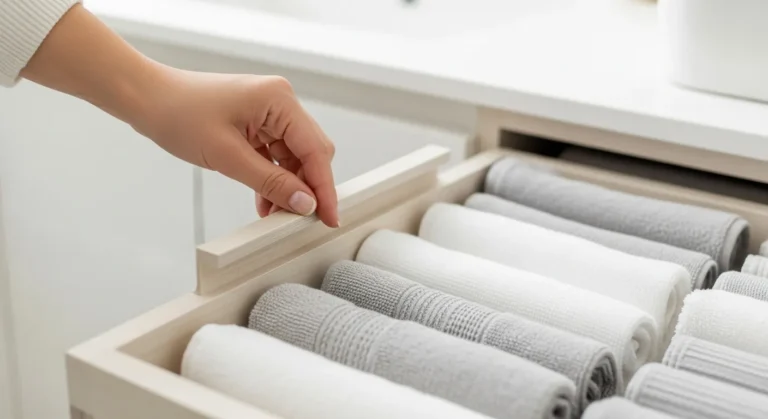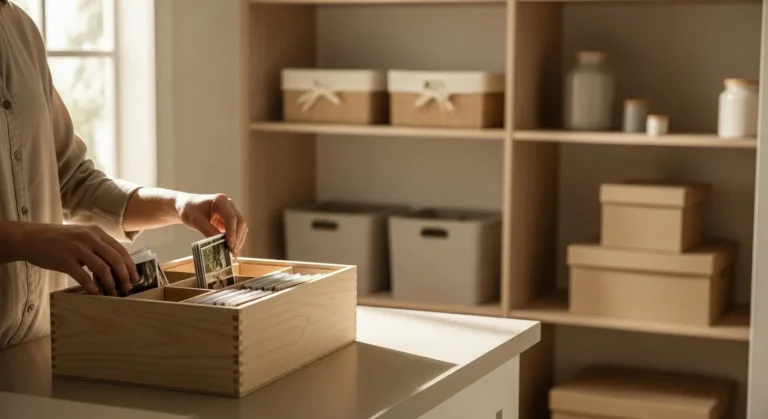These cleaning floor tips will make your life easier!
Even if you’re obsessed with cleaning, when it comes to floors, it seems that the job is never done. The reason? Gravity. Because of that, it’s the area that gets dirty the fastest.
Of course, there are plenty of mops and other cleaning supplies to add to the mix to get marble, vinyl, tile, linoleum, hardwood, laminate, and more looking shiny and new again. However, things can get a bit complicated if you have multiple types of floors in your house, especially considering that you can irreparably damage them if you don’t clean them the right way.
For instance, while wood floors and laminate floors may look the same, they require very different kinds of maintenance and cleaning supplies.
Whenever I feel overwhelmed with work and fall behind with household tasks, I’m lucky to turn to a lovely lady who helps me with cleaning. And she recently shared with me some life-changing cleaning floor tips. Keep reading to find out more!
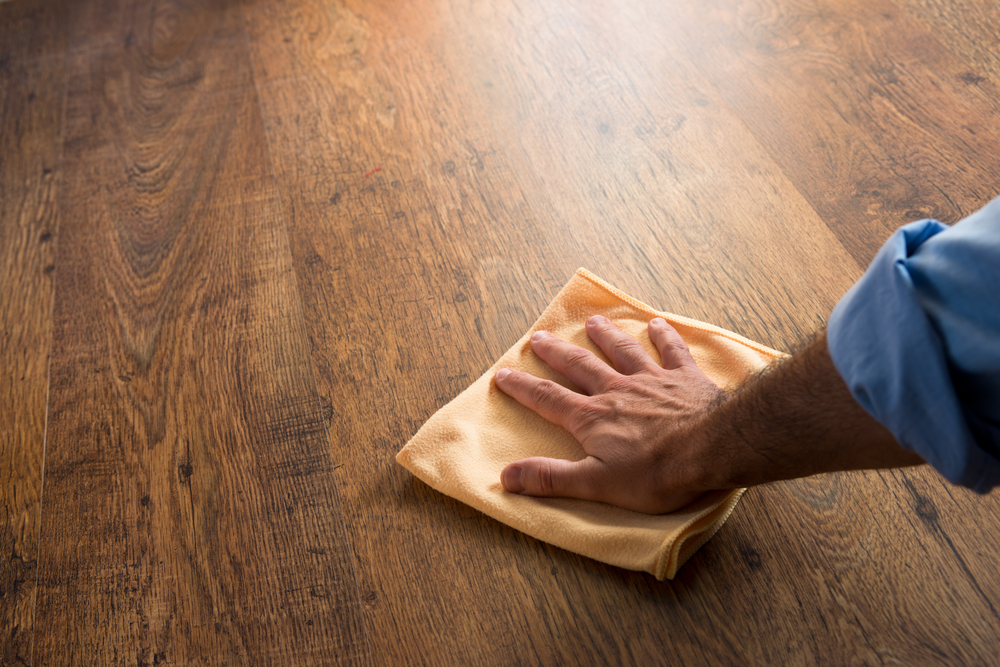
1. Wood floors
When vacuuming the area, make sure you use a machine that is safe for your floors. Opt for a vacuum with a parquet floor brush specially created for wood surfaces. Then, prepare the cleaning solution as stated on the label (some products may need to be diluted) and transfer it to a spray bottle.
Don’t forget to test the product on an inconspicuous area of the floor if you haven’t used it before to make sure it’s safe. Once you’ve determined it’s safe, spray the cleaning solution on a microfiber mop pad—just until it’s damp—and attach it to the mop handle.
One of the best cleaning floor tips is to move the mop in an S-shaped pattern, rotating its head at each curve. This way, you’re always moving debris or dirt toward you, not pushing it back and forth.
2. Laminate floors
As with the wood floors, vacuum the area using a machine that won’t damage the floors. Then, prepare the cleaning product (if diluting, use cold to lukewarm water) and transfer it to a spray bottle.
Spray the cleaning solution on the mop pad until it’s moist. Don’t spray directly on the floor (this is one of those cleaning floor tips most people don’t know about, but it’s so important).
Begin at the farthest point away from you and go in a 5-by-5-foot section at a time. Start in one corner and move the mop in an S-shaped pattern, doing the same thing as with the wood floors. Basically, you’ll want to move any debris and dirt toward you, not push it back and forth.
After finishing the job, use a dry mop to go over the whole area in the same pattern to completely dry the surface. This will ensure moisture doesn’t get into the cracks between the laminate.
While these cleaning floor tips may seem obvious, most people tend to overlook them.
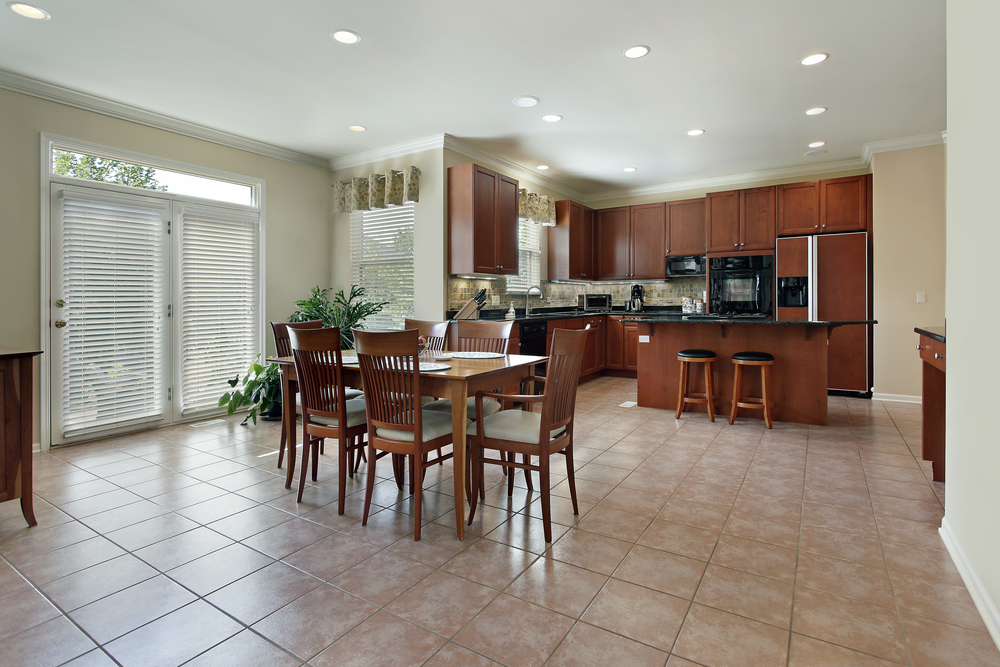
3. Tile floors
When vacuuming tile floors, make sure you use a vacuum with a parquet floor brush so you don’t scratch the surface. Soak microfiber mop pads in the cleaning solution (diluted if necessary) and wring them out so they’re damp but not dripping.
When wiping the tile floors, use the same technique described above, moving the mop in an S-shape pattern. This is by far one of the best cleaning floor tips, and once you try it, you’ll understand why.
Once you’ve finished the job, spray a grout brush with a product designed for grout or with the same pH-neutral cleaning agent. Gently scrub the grout lines using the brush, then rinse with clean water. If you have a wet vacuum, suction up any remaining water. If you don’t, wipe up any excess moisture with a microfiber cloth dry mop pad.
One of the best cleaning floor tips to keep in mind when tackling dirty grout lines is that you should always clean them after the tile is free of any dirt or debris; otherwise, you’ll be pushing dirt into clean grout, which means you’ll have to redo your work.
Read on to discover other cleaning floor tips!
4. Linoleum floors
Similar to other types of floors on this list, ensure you vacuum your linoleum floors using a machine that won’t scratch or damage them. Prepare the cleaning solution and transfer it to a spray bottle. Spray it on a mop pad until it’s moist. Don’t spray directly on the floor. Next, wipe the area using the same technique and S-shaped pattern described above.
After finishing, use a dry mop to go over the linoleum floors in the same pattern to dry the whole area. Cleaning floor tips for linoleum surfaces include the same care as with the wood floor, so make sure you use a neutral-pH product and avoid excess water when mopping.
To extend the life of your linoleum floor, polish it every two to four months, which is paramount if you want to protect it from scratches and other damage.
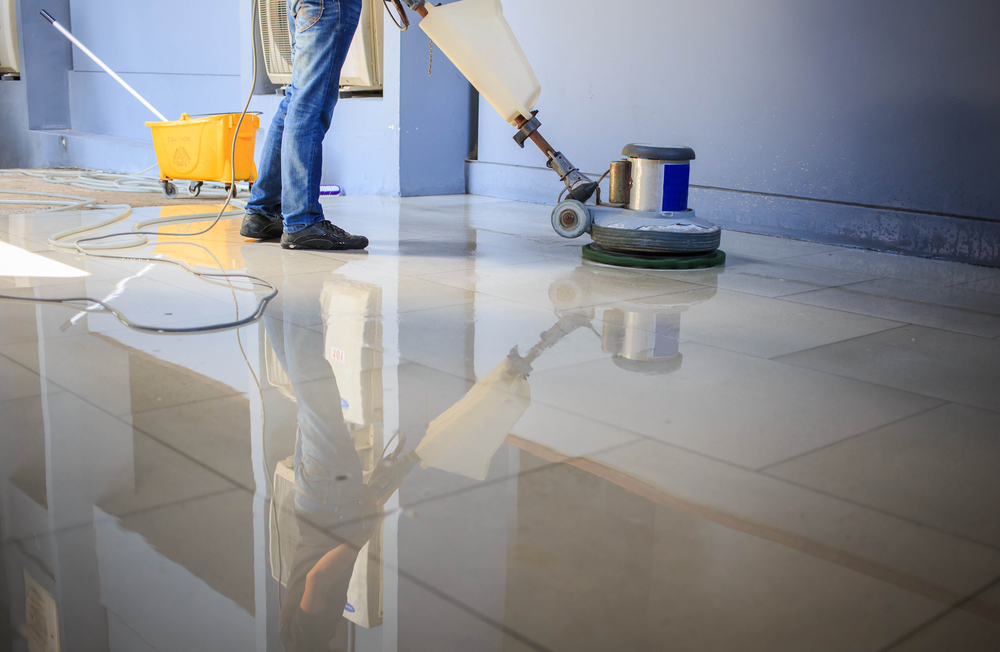
5. Marble floors
Okay, so you’ve vacuumed the floor (again, making sure you don’t damage the area), and now you want to clean the stone. Don’t forget to test the product in an inconspicuous area if this is the first time you use it. Make sure it’s a cleaning solution specially created for marble or stone. When it comes to this type of surface, it’s extremely important to follow certain cleaning floor tips to not damage the stone.
Then, dip a microfiber mop in the solution and wring it out (it should be wet but not dripping). Starting at the farthest point away from you, work in small sections, one at a time. Using the same motion as with the other types of floors, make sure you’re always moving any debris or dirt toward you and not pushing it back and forth.
Once you finish with a section, dry it with a microfiber mop. This will prevent streaking. This is one of the most important cleaning floor tips to keep in mind. Repeat the step until the entire floor is clean and dry.
A thing to keep in mind is that you should rinse water at regular intervals and change your mop pads as they get dirty. Another thing to remember when considering how to clean marble floors is that this kind of stone is porous, which means it needs to be sealed (typically once or twice a year).
Sure, some cleaning floor tips can be effective, but you have to ensure you’re using the right cleaning products. The sealer can be applied in much the same way you clean the stone—just ensure you use a marble-specific product. This one from Miracle Sealants does an excellent job, and it’s oil and water-resistant, creating an invisible barrier for protection.
6. Garage floors
You may not consider the garage part of your house, but no one wants a garage floor covered in oil and grease stains. Garage floors are generally made of concrete, which will stain if substances sit on them.
Some cleaning floor tips here include vacuuming or sweeping any debris, scrubbing with white vinegar or a cleanser if you have rust stains, and applying a degreaser if you have grease and oil stains. Make sure you rinse the whole surface thoroughly after cleaning it and removing any stains.
When it comes to concrete garage floors, a pressure washer can be an excellent tool to remove any dirt or debris. Since concrete is porous, dirt can easily become embedded in the surface, which means it’s difficult to remove it. A high-pressure stream of water can get rid of oil stains, dirt, and other debris quickly and effectively.
If you liked our cleaning floor tips, you may also want to read 10 Items You Should Never Leave Under the Kitchen Sink.

